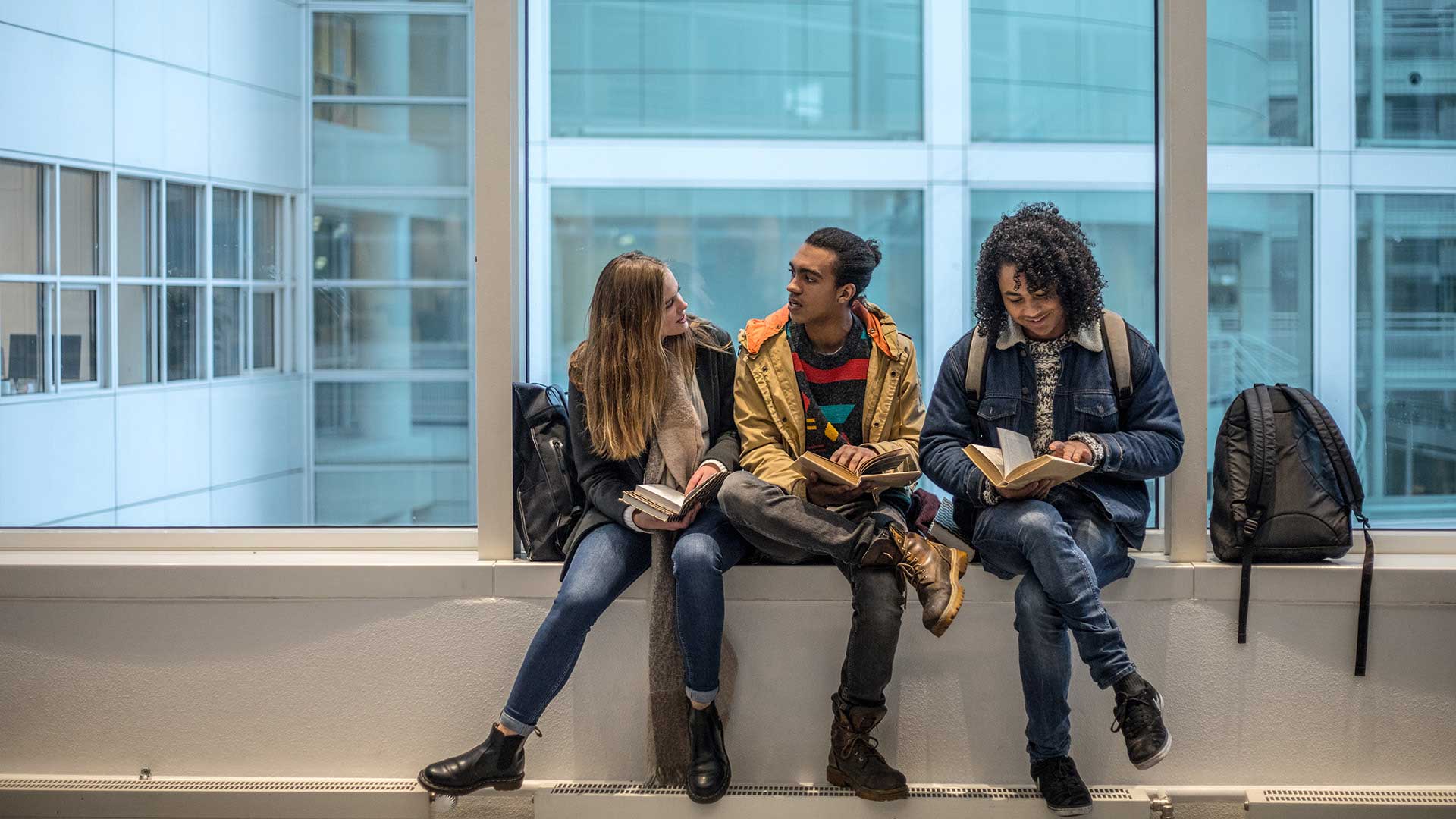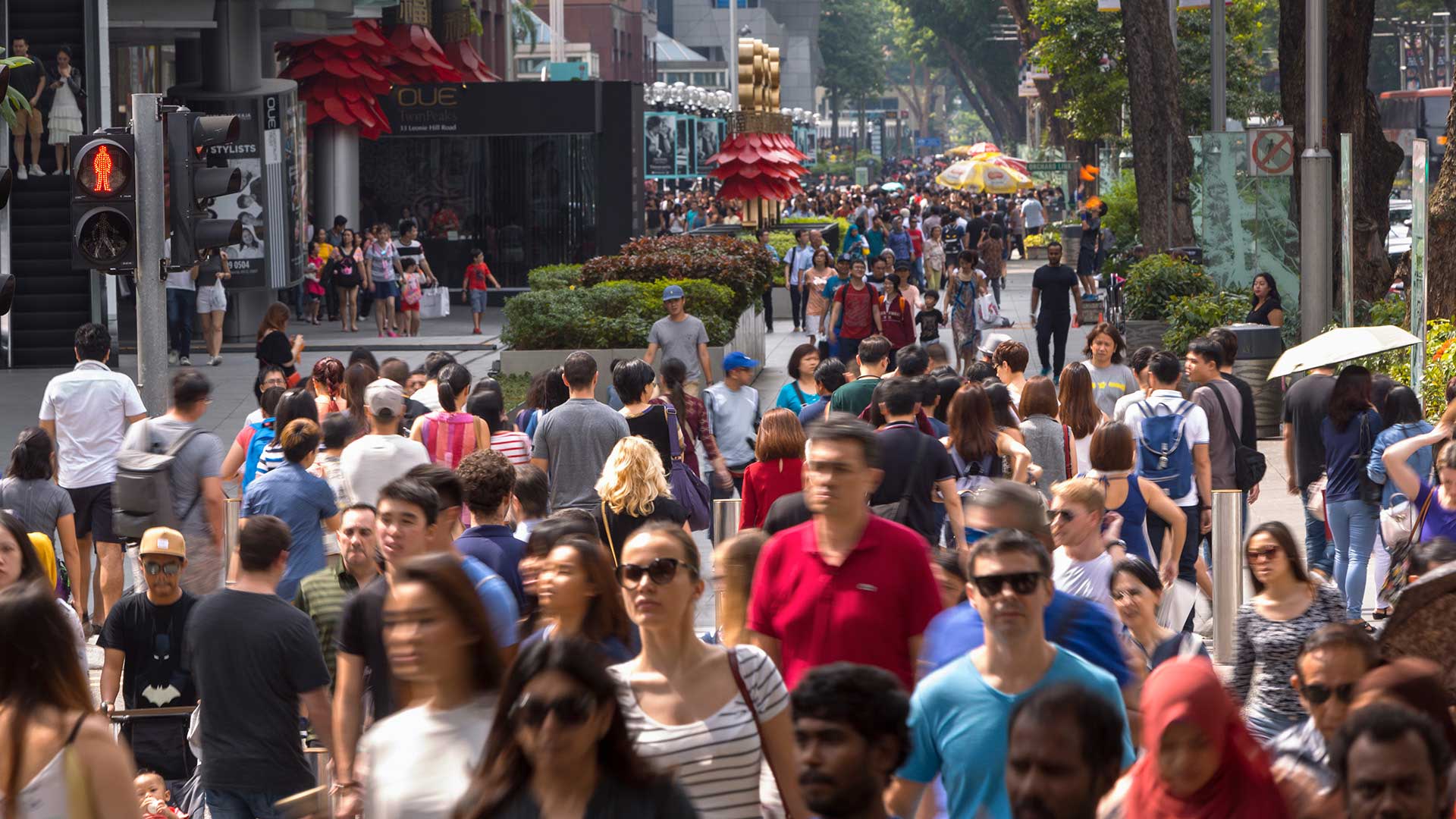Issue
As part of a new programme area for democracy education, Children for a Better World e.V. planned the Generation Germany democracy festival to make democracy sustainable through personal encounters and deliberative dialogue. With the help of an accompanying scientific evaluation, the aim was to analyse how attitudes towards democracy can be sustainably strengthened through the festival and what concrete effects the event has on young people.
Approach
Based on the hypothesis that direct personal contact is the foundation of democracy, Children for a Better World invited almost 300 young people to the 2.5-day Generation Germany democracy festival in Berlin. The event centred on thematic discussions around the topic of "justice". Some of the young people also drafted joint statements, which were later presented to high-ranking politicians.
Verian developed the evaluation model for Children and helped design the event. Verian was also responsible for the scientific monitoring of the event, including before and after surveys of the participants and a control group.
In the run-up to the event, more than 4,000 young people from Germany were surveyed. In addition to trust in democracy, the survey also focused on their own ambiguity tolerance, self-efficacy, political participation and social inclusion. The 16 to 24-year-old respondents were then invited to take part in the festival.
Immediately after the festival, participants completed another quantitative survey (n=261) using some of the questions from the first survey. To ensure that any change in the measured values could be attributed to the democracy festival, we also surveyed a control group (n=600) of non-festival participants in the same age group.
Key findings
Observations during the festival already gave the impression that the young participants perceived the discussions as transparent, respectful, diverse and inclusive, even though some topics were controversial, and that they themselves felt that they were being heard. These impressions were also reflected in the survey.
The productive discussions and positive social experiences at the event led to greater self-efficacy among the young participants. After the festival, they were more likely to believe that politicians listen to them and that they have the power to change politics through elections. Trust in society also increased, while the perception of social division decreased significantly. This ultimately led to the key result that trust in democracy increased significantly compared to the control group. The growing trust in democracy was also accompanied by an increased willingness to take part in core elements of democratic participation such as elections, demonstrations or civic participation.
Impact
The positive discussion experiences of young people and young adults in the context of Generation Germany resulted in a strengthening of self-efficacy and basic confidence in democracy. This was particularly true for those young people who had previously been particularly disappointed with democracy and had little trust in other people. The Generation Germany study was thus able to show that constructive discussions in personal encounters can significantly strengthen young people's confidence in democracy and their willingness to get involved.
Other work
Our latest thinking
Subscribe to receive regular updates on our latest thinking and research across the public policy agenda.
Our expert teams around the world regularly produce research and insights relating to public policy issues.
If you are interested, please provide your details. You can unsubscribe at any time.






